Strategic Goals of Myanmar’s National Unity Government for 2025
In a pivotal year for Myanmar, the National Unity Government (NUG) aims for a decisive victory against the military regime in 2025. NUG President Duwa Lashi La emphasized the need for enhanced military actions, international support, and negotiations contingent on the military’s acceptance of civilian authority. The NUG also addresses historical mistrust among ethnic groups and stresses the urgent need for advanced weaponry to counter air strikes. Strategies for strategic reforms and diplomatic engagement with neighboring countries are critical in their overarching goal of establishing a democratic government in Myanmar.
Myanmar’s National Unity Government (NUG), also referred to as the shadow government, is poised for a crucial year in 2025. In the wake of the civil war catalyzed by the military’s coup in 2021, NUG Acting President Duwa Lashi La articulated the movement’s strategy, focusing on increasing military engagement, unifying various resistance factions, and garnering international support. The NUG aims to achieve a decisive victory against the State Administration Council (SAC), which is facing mounting defeats amid escalating violence and territory losses.
The NUG aspires to create a revolutionary tipping point akin to Syria’s, directly advocating for Min Aung Hlaing’s removal from power. The group emphasizes the necessity for international collaboration and intervention to stifle the military’s financial resources, notably by ending transactions with the state-owned Myanma Oil and Gas Enterprise. Further, the NUG is open to peace negotiations but maintains conditions that include the acceptance of civilian governance by the military leadership.
Additionally, the NUG encounters challenges in establishing itself as a central authority amid distrust among various ethnic resistance organizations. Advancing the dialogue with these groups remains essential in fostering unity for a successful revolution. Furthermore, the government is contemplating legislative changes like amending the 1982 Citizenship Law and addressing increased support for the military from China. Duwa Lashi La highlights the urgent need for anti-aircraft weaponry to counter the military’s advanced air strikes, asserting confidence in their ability to incapacitate the military should adequate support be provided. The NUG remains committed to leading Myanmar’s revolution toward a democratic future, driven by the people’s mandate and widespread participation across ethnic lines.
Since the military coup in early 2021 that ousted the elected government of Myanmar, the country has plunged into a civil war, with various opposition forces, including the National Unity Government (NUG) and ethnic armed groups, rising to challenge the ruling State Administration Council (SAC). This internal conflict has led to significant territorial losses for the military and increased violence against civilians. The NUG, which claims to be the democratically elected government in exile, struggles for international recognition and aims to unify various factions into a coordinated approach against the military regime. As the civil unrest continues, the NUG plans to escalate its military efforts significantly in 2025 while also seeking diplomatic support from global powers to achieve its goals.
In conclusion, the National Unity Government of Myanmar is gearing up for a transformative year in 2025, aiming for significant military and political outcomes in its struggle against the military regime. The NUG’s commitment to revolutionize the governance of Myanmar and its call for international intervention reflects the pressing need for global awareness and action. With evolving strategies to unify diverse ethnic groups and a focus on gaining the international community’s support, the NUG hopes to realize its objectives and pave the way toward a more democratic Myanmar.
Original Source: www.aljazeera.com
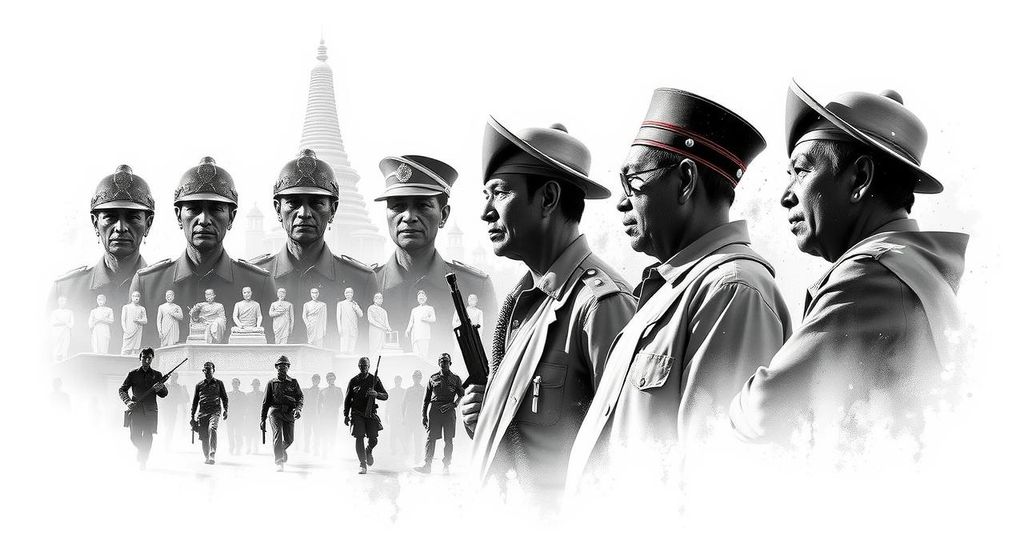
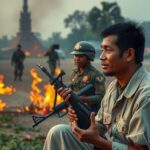
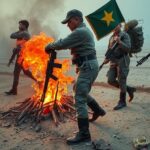
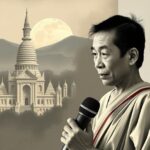
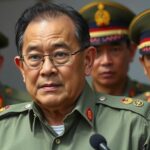



Post Comment